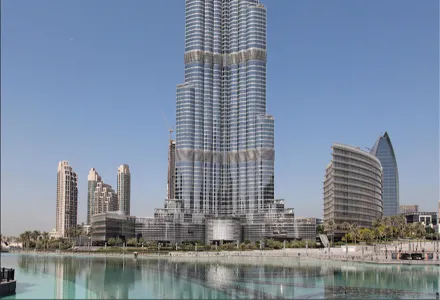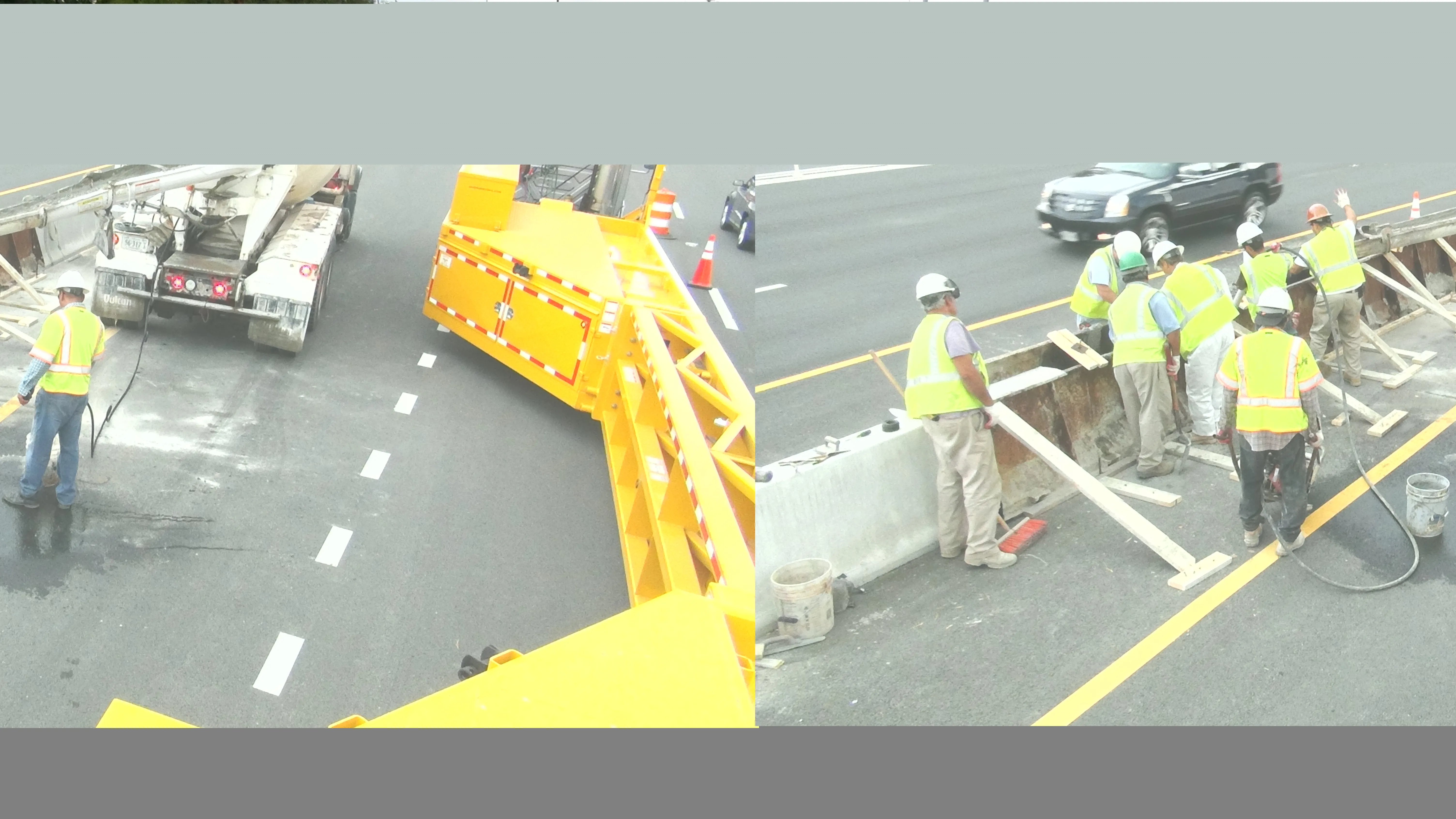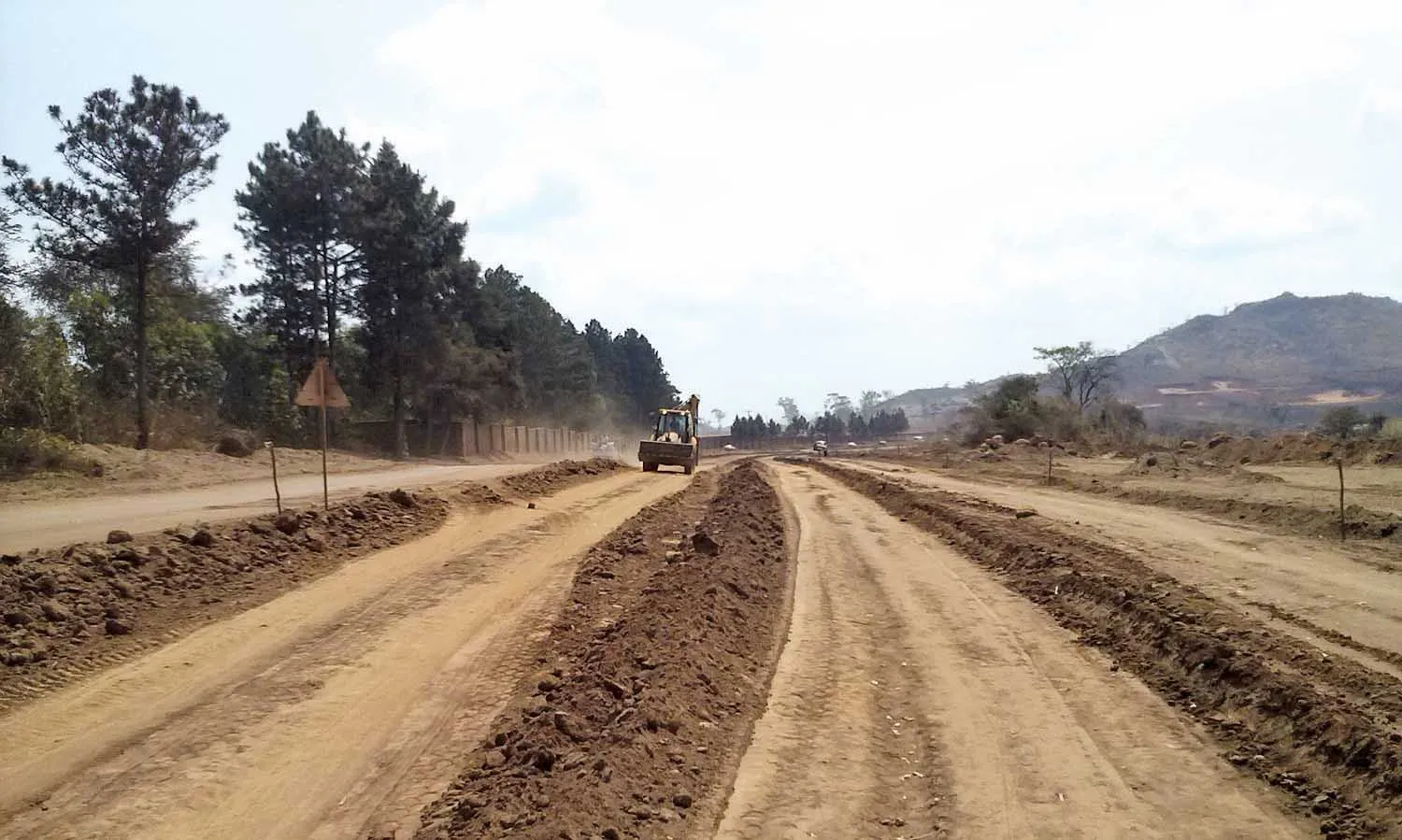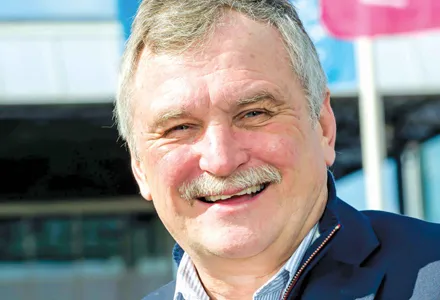
IRF Sets International Benchmark for Road Safety Auditors
The International Road Federation (
Speaking at the 2nd Global High Level Conference on Road Safety, IRF Executive Vice President Mike Dreznes noted that design standards alone cannot guarantee road safety in all conditions. “The IRF strongly supports the extended and expanded use of road infrastructure safety management procedures using locally drawn talent trained to the highest standards,” Mr. Dreznes added.
Poorly performed or badly documented road safety audits can have negative effects on safety. Unqualified team leaders could miss obvious safety concerns resulting in an unsafe road. Worse yet, the road authority would be using its limited financial resources to conduct these audits with less than acceptable results.
“The ultimate goal is to use locally-drawn expertise to conduct these audits and/or inspections wherever possible. This in turn requires road authorities to have a clear definition detailing who can conduct audits and inspections,” Dreznes said.
The requirements provide a benchmark for countries wishing to establish national accreditation systems. They cover key criteria such as professional experience, as well as safety audit training & field experience verified by a third party organisation. In countries where no national certifying body currently exists, the IRF will provide a list of reputed road safety audit training centres that could be used to certify auditors until the national certifying body is established.
On this occasion, the IRF also renewed an earlier call for the mandatory introduction of, and associated funding for, road safety audits linked to all new road investment loans by multilateral development banks.








